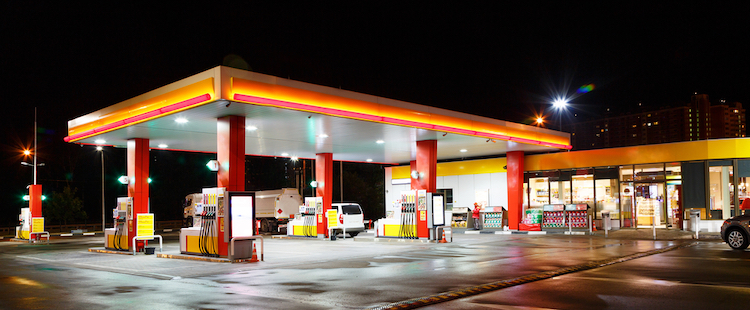Top state court is second to rule that gas stations can be liable for selling fuel to drunken drivers

Image from Shutterstock.
Gasoline stations in New Mexico can be liable for selling fuel to drivers they know or have reason to know are intoxicated, the New Mexico Supreme Court ruled Monday.
The state supreme court ruled that the tort of negligent entrustment of chattel extended to gasoline sales.
“Providing gasoline to an intoxicated driver is like providing car keys to an intoxicated driver,” the court said in the July 19 opinion.
Previously, no New Mexico decision applied the doctrine of negligent entrustment outside the context of vehicles entrusted to someone who is incompetent to drive.
The New Mexico Supreme Court is the second top state court to extend liability to gasoline stations for injuries to third parties caused by drunken drivers, according to the opinion. Tennessee’s top court was the first.
The Associated Press has coverage of the New Mexico Supreme Court’s 3-1 decision, which is summarized in a press release, available here, by the New Mexico Administrative Office of the Courts.
The New Mexico Supreme Court ruled in response to a certified question by the 10th U.S. Circuit Court of Appeals at Denver. The suit was filed in New Mexico state court by the estate of Marcellino Morris Jr. and removed to federal court. The defendant is Giant Four Corners Inc.
According to the lawsuit allegations, Andy Denny was intoxicated when he ran out of gas and walked to the gas station in the early morning hours of Dec. 30, 2011. At first, the clerk refused to sell anything to Denny because he appeared intoxicated but then agreed to sell him a gallon of gas. After he and a companion took the gas to Denny’s car, they drove back to the gas station and bought another nine gallons of gas.
Denny dropped off his passenger and got on the highway, where he crossed the center line and crashed with Morris’ oncoming vehicle. Morris died in the collision.
Justice C. Shannon Bacon wrote the majority opinion.
“We conclude that under New Mexico law and the doctrine of negligent entrustment of chattel, a commercial gasoline vendor owes to a third party using the roadway a duty of care to refrain from selling gasoline to a driver the vendor knows or has reason to know is intoxicated,” Bacon said.
Retired Justice Barbara Vigil, sitting by designation, dissented. She described the majority’s decision as a “sea change in the law [that] could have far-reaching consequences for retail businesses.” She argued that regulating businesses is a legislative function that should not be imposed by judicially created common law duties.
“The majority creates a sweeping new duty based on atypical facts—gasoline purchased from an attendant—then fails to address how this rule is to be applied in the typical scenario when gasoline is purchased at the pump,” Vigil wrote. “It is unclear whether erratic behavior observed through a window gives rise to a duty to investigate, for example, and the majority provides no guidance as to how that investigation should occur.”
Vigil also said the majority reasoning could extend liability to any vendor that enables drunken driving, including auto parts stores, tire shops and mechanics.



